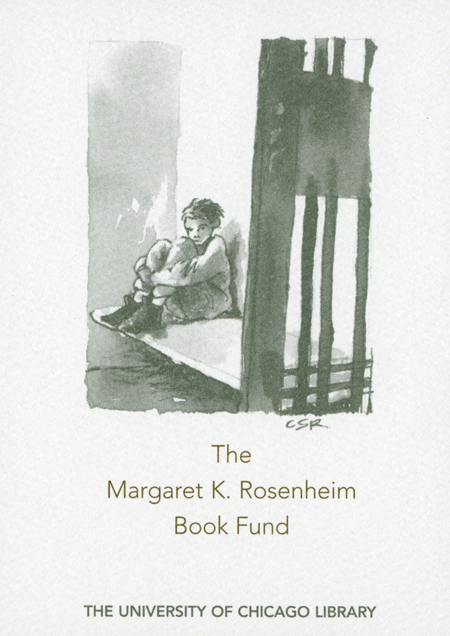Working with ethnic minorities and across cultures in western child protection systems /
Saved in:
| Author / Creator: | Sawrikar, Pooja, author. |
|---|---|
| Imprint: | Abingdon, Oxon ; New York, NY : Routledge, an imprint of the Taylor & Francis Group, 2017. |
| Description: | ix, 250 pages ; 25 cm. |
| Language: | English |
| Series: | Contemporary social work studies Contemporary social work studies. |
| Subject: | |
| Format: | Print Book |
| URL for this record: | http://pi.lib.uchicago.edu/1001/cat/bib/11015765 |
Table of Contents:
- Defining and understanding the client group : who are ethnic minorities and what do they characteristically have in common?
- The theoretical backdrop : why is it important to work effectively with ethnic minorities and across cultures in western child protection systems?
- Frequency of maltreatment : what are the most common types of abuse and neglect reported across cultures and what is their effect on children?
- Culture and maltreatment : are physical abuse, sexual abuse, emotional abuse, inadequate supervision and neglect of basic needs related to culture?
- Common risk factors of maltreatment : are domestic violence, alcohol and other drug issues, mental health issues in the carer, housing and financial issues related to culture?
- Protective factors : acknowledging strengths of families across cultures
- Working effectively with interpreters
- To match or not to match? the pros and cons of ethnic dis/similarity between client families and caseworkers
- Ethnic minority children in the out-of-home care (OOHC) system : how do they fare compared to Aboriginal and Anglo children?
- Summarising the main causes of entry of ethnic minorities in western child protection systems : what's cultural and what isn't?
- Getting it right : personal, organisational and institutional characteristics of cultural competency.

